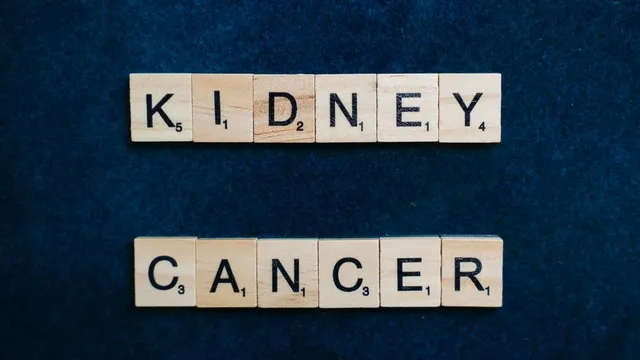- By Bornika Das
- Wed, 25 Jun 2025 08:01 PM (IST)
- Source:JND
Kidney cancer is often called a “silent killer” for a reason; it rarely shows clear symptoms in its early stages. Unlike other cancers that may cause pain or visible changes, kidney tumours can grow quietly, going unnoticed until they reach an advanced stage or spread to other parts of the body. This makes early detection particularly difficult, especially since many signs, like fatigue, back pain or slight changes in urine, are often mistaken for everyday health issues or other benign conditions. As a result, a significant number of cases are diagnosed only when the disease has already progressed.
Awareness and regular screenings are crucial, especially for individuals at higher risk due to factors like smoking, high blood pressure, obesity or a family history of kidney disease. Advanced imaging techniques have improved detection rates when used proactively, but the lack of routine testing means many people still slip through the cracks. In conversation with The Daily Jagran, Dr Santosh Gawali, Senior Consultant Urologist and Transplant Surgeon, Jaslok Hospital and Research Centre, Mumbai, sheds light on why kidney cancer remains elusive, how to recognise subtle warning signs and what steps can be taken to catch it before it's too late.
Because of the sequestered location of the kidneys in the retroperitoneum, renal masses remain asymptomatic and non-palpable until they are locally advanced. With the increasing use of non-invasive imaging for evaluation of a variety of non-specific symptom complexes, more than 60 per cent of renal cancers are now detected incidentally.
ALSO READ: How To Prevent Kidney Cancer Naturally? Doctor Shares 9 Tips To Follow
Studies have shown that such incidentally detected tumours are more likely to be confined to the kidney and a positive impact on survival has been reported.
Symptoms Of Kidney Cancer
Dr Santosh Gawali states, “Symptoms usually occur due to local tumour growth, bleeding, metastatic disease or paraneoplastic syndromes, i.e. a set of symptoms and signs caused by cancer but not directly from the cancer per se, but due to substances released from the tumour or altered immune response against the tumour.”
Common symptoms include flank pain, blood in urine, palpable flank mass. These symptoms usually occur when the tumour has locally advanced.

Kidney Cancer Symptoms (Image Credits: Canva)
Symptoms of metastasis include significant weight loss, night sweats, fever, persistent cough and bone pain.
ALSO READ: Can Kidney Stones Cause Cancer? Here's What Expert Has To Say
The insidious nature of this disease brings into light the importance of screening investigations for renal cancers. Renal cancer is primarily a surgically curable disease; hence, early diagnosis can give the opportunity to eradicate the focus of malignancy. However, the primary factor that limits the widespread implementation of screening is the relatively low incidence of Renal cancers in the general population. Henc,e the focus of screening must be on well-defined target populations such as patients with a family history of malignancies, patients with chronic kidney disease with dialysis for more than 3 years, patients with certain genetic mutational diseases like Von Hippel-Lindau ( VHL), Tuberous Sclerosis, and renal transplant recipients.

